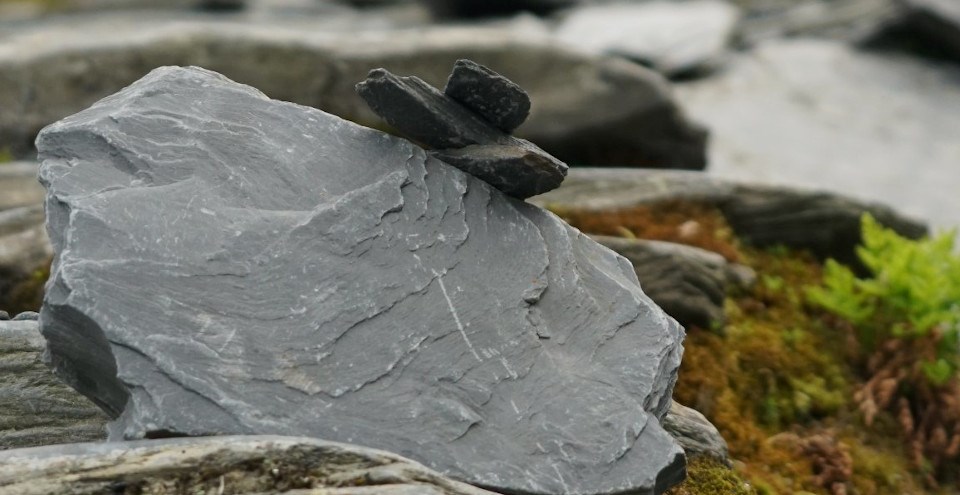A technology company with a graphite deposit near Hearst is developing a bio-medical solution that may provide an extra barrier of protection for frontline health-care workers against COVID-19.
ZEN Graphene Solutions has teamed up with British-based Graphene Composites to work on a graphene-based ink that could be applied as an agent to the fabrics of personal protective equipment (PPE), such as N95 face masks, to destroy or deactivate viruses.
“The current N95 masks trap the virus but don’t kill it," said ZEN CEO Francis Dubé in a release.
"Our testing will demonstrate if the graphene ink is an effective virucide which would kill the virus as this could make a big difference to people’s safety."
Want to read more stories about business in the North? Subscribe to our newsletter.
At their Guelph R & D shop, ZEN has produced a combined graphene and silver nanoparticle-infused oxide ink that they claim has been documented by researchers to kill earlier versions of coronavirus.
"The development of this potential COVID-19 virucidal graphene ink is coming at a crucial time to provide effective PPE supplies for the safety of frontline workers and hospital staff," added Dubé.
ZEN Graphene, formerly known as Zenyatta Ventures, has a high-grade graphite deposit, west of Hearst, near Highway 11. First discovered in 2011, the Albany deposit has an estimated open-pit life of 22 years and has the potential to produce 33,000 tonnes of graphite annually.
The processed graphene product they make in Guelph is a carbon nanomaterial that is used as an additive in auto parts, industrial coatings and lubricants, lithium-ion batteries, high-strength concrete, and water desalination and purification membranes.
Their U.K. partner, Graphene Composites (GC), is a nano-material tech company specializing in producing next-generation composite material in the areas of armour plating, aerospace and renewable energy applications.
“Combining the deep nanomaterials expertise of GC and ZEN with a truly collaborative approach has enabled us to do a year’s worth of R&D in a matter of weeks," said Sandy Chen, CEO of Graphene Composites.
"Quickly developing and deploying our virucidal/germicidal ink would make a significant difference in slowing the rate of infection – thus saving many lives."
Western University's biosafety lab in London, Ont. will handle the efficacy testing to determine if this graphene ink kills the COVID-19 virus.
Once the development, testing, and confirmation of the ink’s virucidal ability is done, ZEN said the ink can be incorporated into a fabric to used in masks and filters, which will be designed by Graphene Composites.
The graphene ink will also be tested to kill influenza A and B viruses at Biosafety Level 2 labs in the U.K. and U.S.




